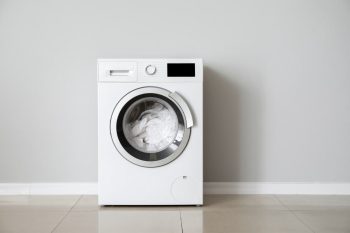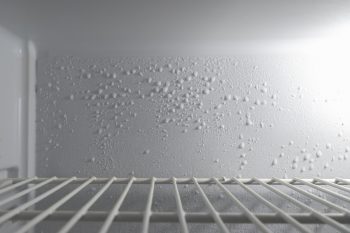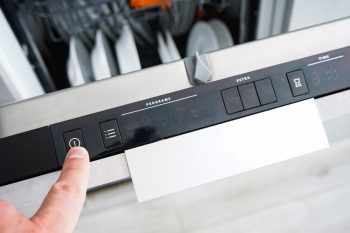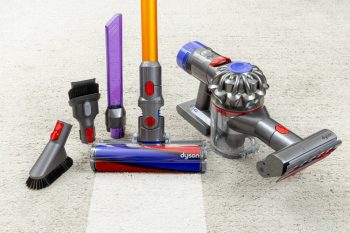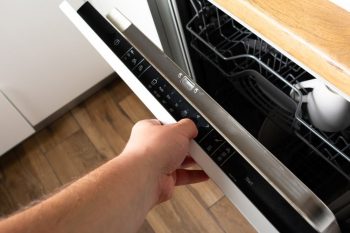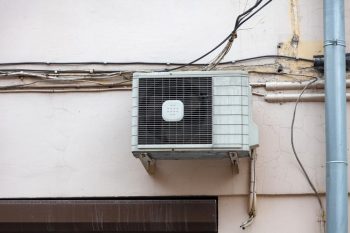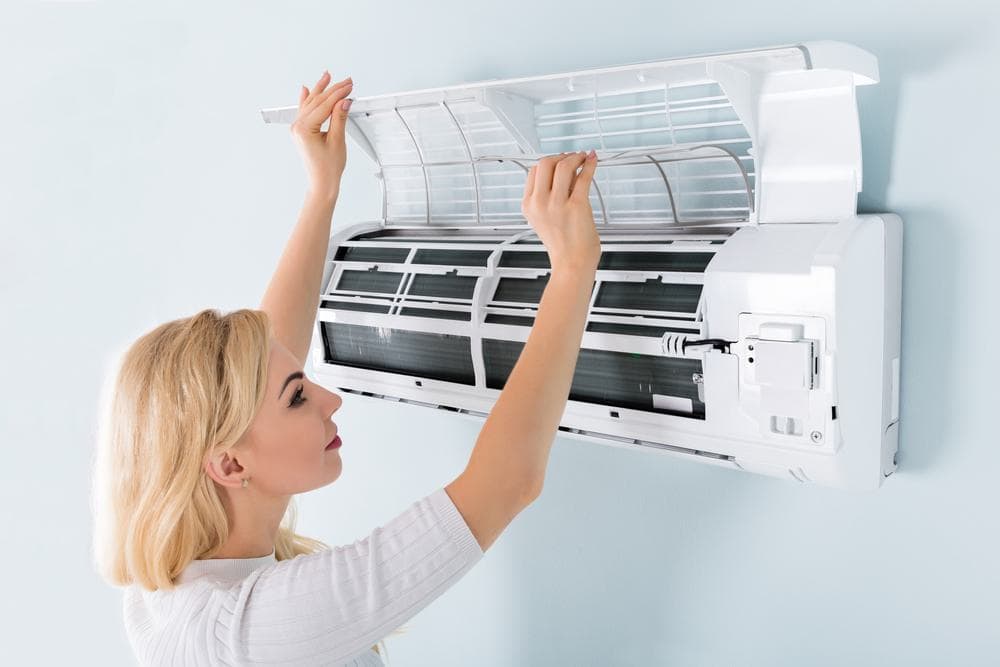
The AC compressor is the heart of your air conditioning system, and knowing how long it takes to cool down can help you understand its efficiency, performance, and lifespan. But, it’s essential to know that the cooling down process is influenced by various factors, such as the compressor’s condition, ambient temperature, and the specific model of your AC unit.
Typically, an AC compressor takes around 15 to 20 minutes to run its cooling cycle, followed by a cool-off period of 7 to 10 minutes. However, if the compressor overheats or experiences a thermal cut-out, it may take anywhere from a few minutes to a couple of hours, or even overnight, for the compressor to cool down. Factors like ambient temperature, compressor size, usage, efficiency, cooling mechanism, ventilation, and maintenance can influence the cool down time.
What is an AC Compressor?
The function of an AC compressor in the cooling process is to circulate the refrigerant necessary for heat exchange. It plays a crucial role in moving the refrigerant between the evaporator and condenser coils, ensuring the refrigerant changes state as needed and enabling the cooling of your home.
Typical Cool Down Time
Typically, when an air conditioner goes through its cooling cycle, it takes around 15 to 20 minutes for the compressor to run, followed by a cool-off period of 7 to 10 minutes. However, if the compressor overheats or experiences a thermal cut-out, it may take anywhere from a few minutes to a couple of hours, or even overnight, for the compressor to cool down.
Factors Influencing Cool Down Time
Various factors can influence the cool down time of an AC compressor. These include:
- Ambient temperature: Higher surrounding temperatures can prolong the cool down time.
- Compressor size and capacity: Larger compressors generally take longer to cool down.
- Usage and workload: If the compressor has been running for an extended period or under heavy load, it will take longer to cool down.
- Efficiency and age: Older or less efficient compressors may take longer to cool down.
- Cooling mechanism: The type of cooling mechanism used in the AC system can also influence the cool down time.
- Ventilation and airflow: Proper ventilation and airflow can help dissipate heat more effectively, reducing the cool down time.
- Maintenance: Regular maintenance can help the compressor cool down more efficiently.
Signs of Overheating
Overheating can lead to reduced efficiency, increased wear and tear, and even complete failure of the compressor. Signs that an AC compressor is overheating include warm air blowing from the vents, frequent cycling, unusual noises, a tripped circuit breaker, high head pressure, and excessive heat from the compressor itself.
Potential Issues
If an AC compressor doesn’t cool down properly, several issues may arise, including reduced airflow, overheating, loss of cooling, compressor replacement, higher electricity bills, and potential refrigerant leaks.
Prolonging Compressor Lifespan
To ensure that your AC compressor is cooling down efficiently and prolonging its lifespan, homeowners can follow these steps:
- Regularly clean and replace air filters.
- Keep the outdoor condenser unit clean.
- Inspect and clean the vents.
- Install a programmable thermostat.
- Insulate and weatherize your home.
- Schedule annual inspections.
- Maintain the area around the compressor.
- Address issues promptly.
Optimizing Cool Down Period
To optimize the cool down period of an AC compressor, follow these maintenance tips:
- Clean the AC unit.
- Monitor refrigerant levels.
- Keep the compressor cool and clean.
- Schedule professional maintenance.
- Replace or clean air filters.
- Clean evaporator and condenser coils.
- Use a programmable thermostat.
- Insulate and weatherize your home.
By following these steps, homeowners can ensure their AC compressor operates efficiently and lasts for many years, providing a cool and comfortable home while saving money on repairs and energy bills.
Remember that it’s essential to consult a professional HVAC technician if you’re unsure about any of these steps or if you need assistance with your AC system.
Frequently Asked Questions
What is the function of refrigerant in an AC system?
The refrigerant is a specialized fluid that circulates within the AC system and changes state between gas and liquid to absorb, carry and release heat, thus facilitating the cooling process.
What is meant by the term ‘frequent cycling’ as a sign of AC compressor overheating?
‘Frequent cycling’ refers to the situation where your AC unit turns on and off more frequently than it should. It can be a sign of an overheating compressor, as the system attempts to cool down by stopping and starting repeatedly.
How does cleaning the AC unit affect the cool down period of the compressor?
Cleaning the AC unit, especially the condenser and evaporator coils, can enhance the efficiency of heat exchange and air flow, which in turn helps the compressor cool down quicker after a cooling cycle.
How does a programmable thermostat help in optimizing the cool down period of an AC compressor?
A programmable thermostat allows you to set specific temperatures for different times of the day, ensuring that the AC system and the compressor are not overworked, which can help optimize the cool down period.
What are the benefits of insulating and weatherizing my home for the AC compressor?
Insulating and weatherizing your home can reduce heat gain and loss, thus reducing the workload on your AC system and the compressor. This can result in a more efficient cooling process and quicker cool down times for the compressor.

